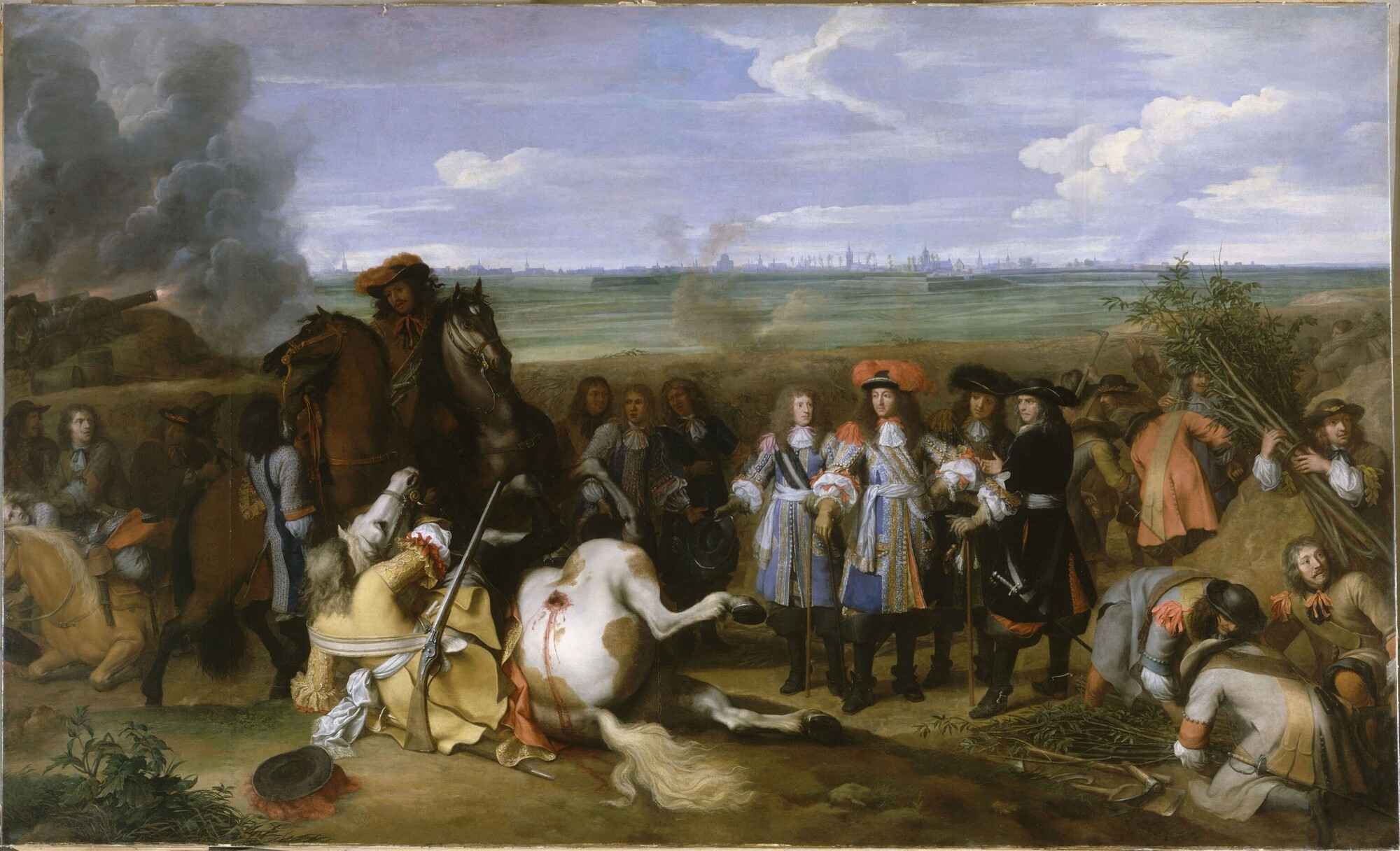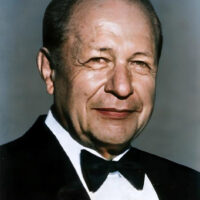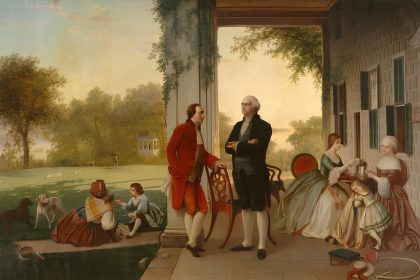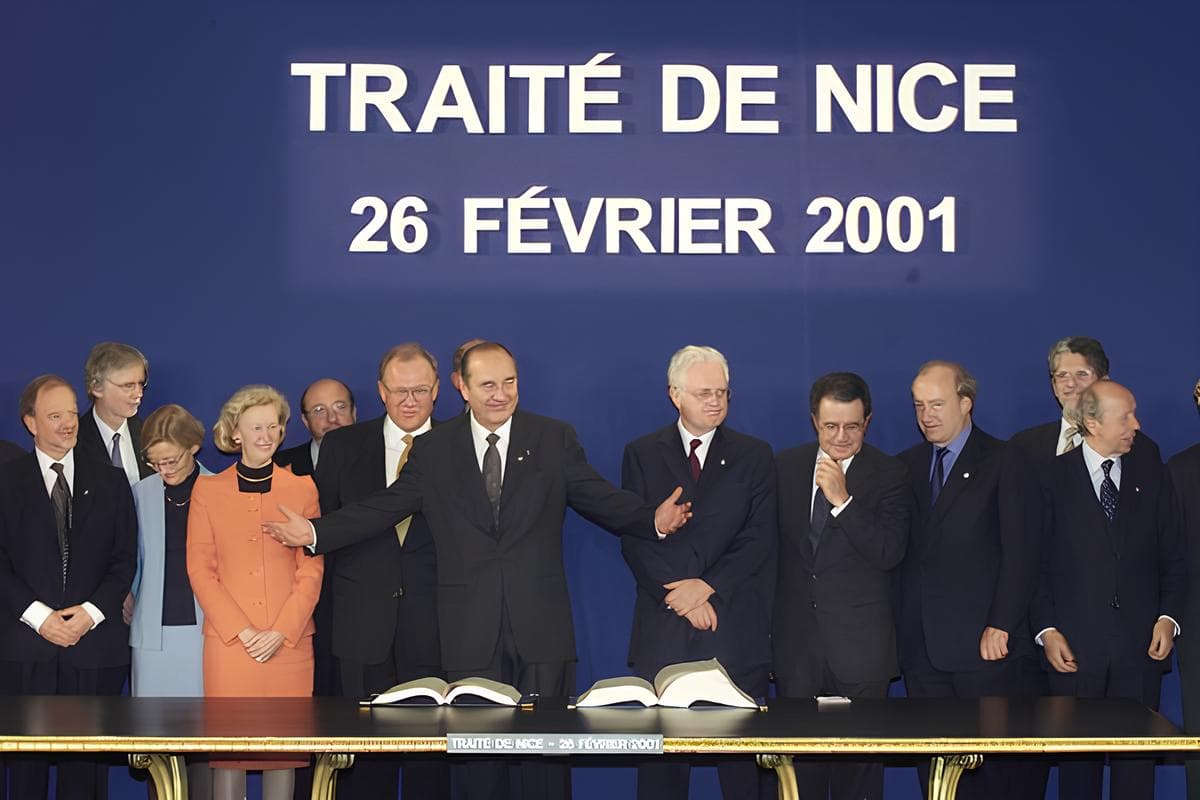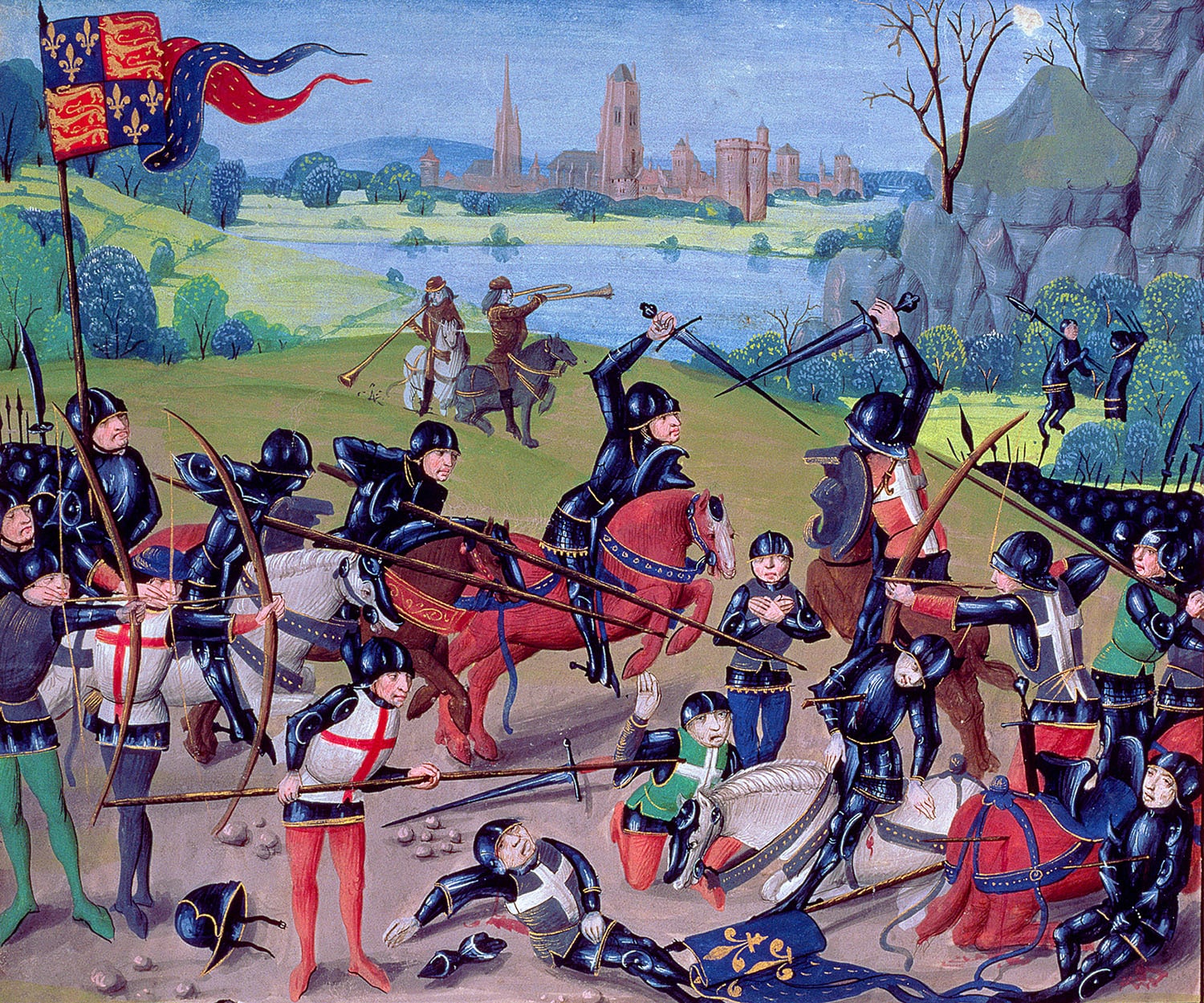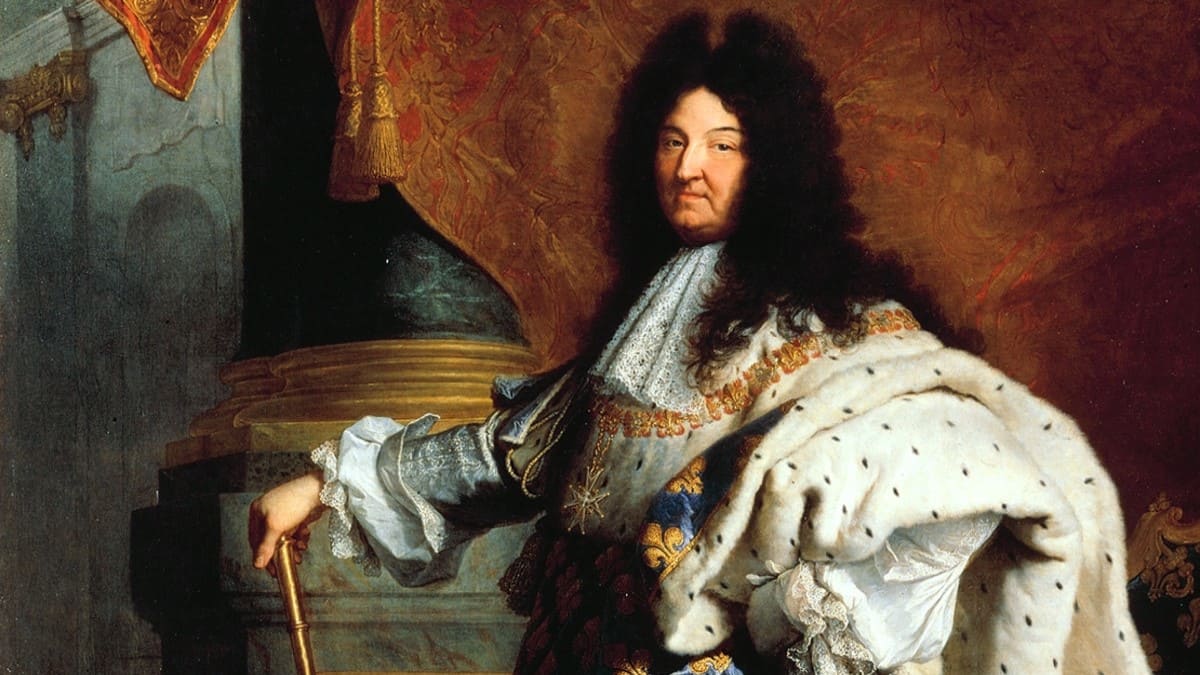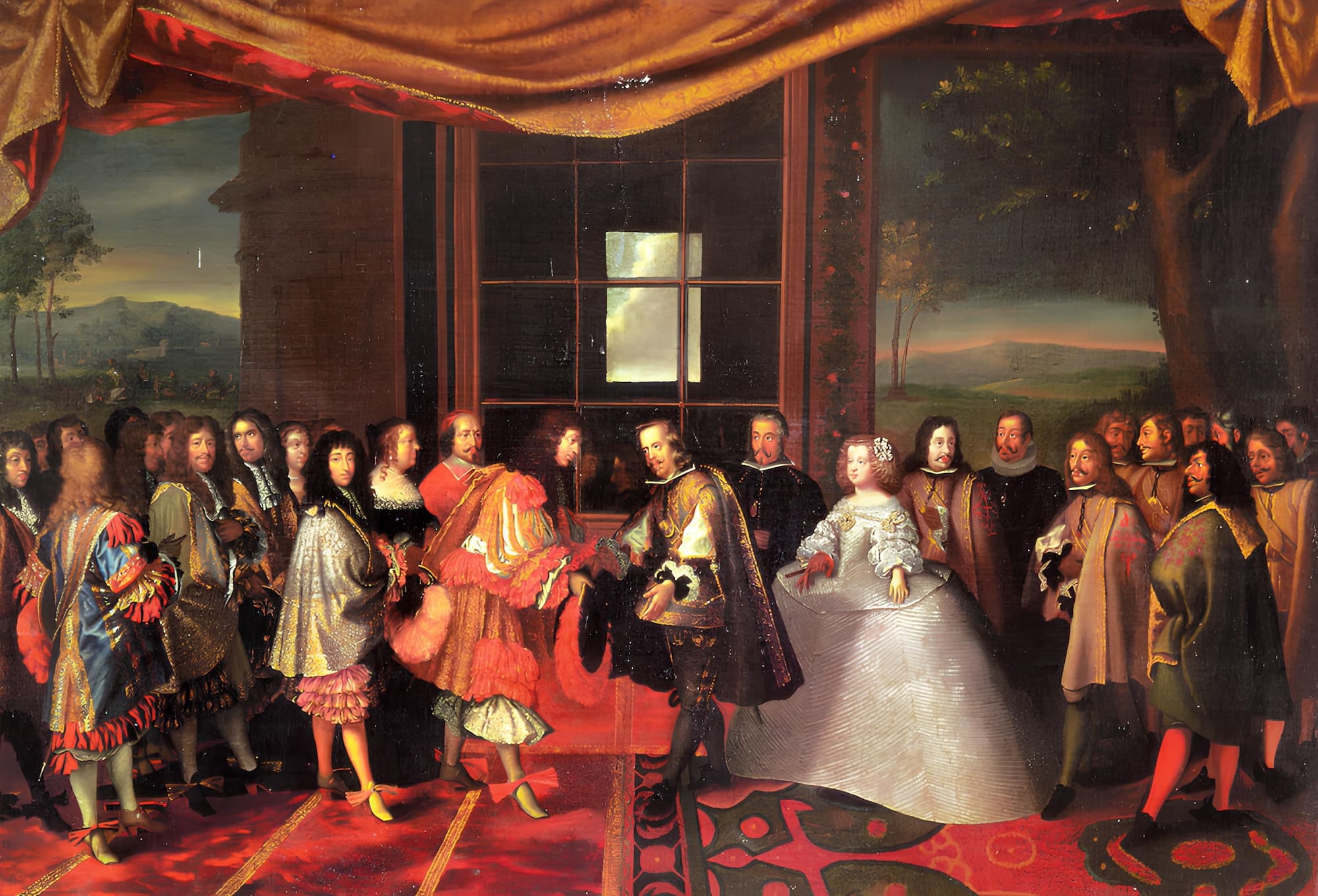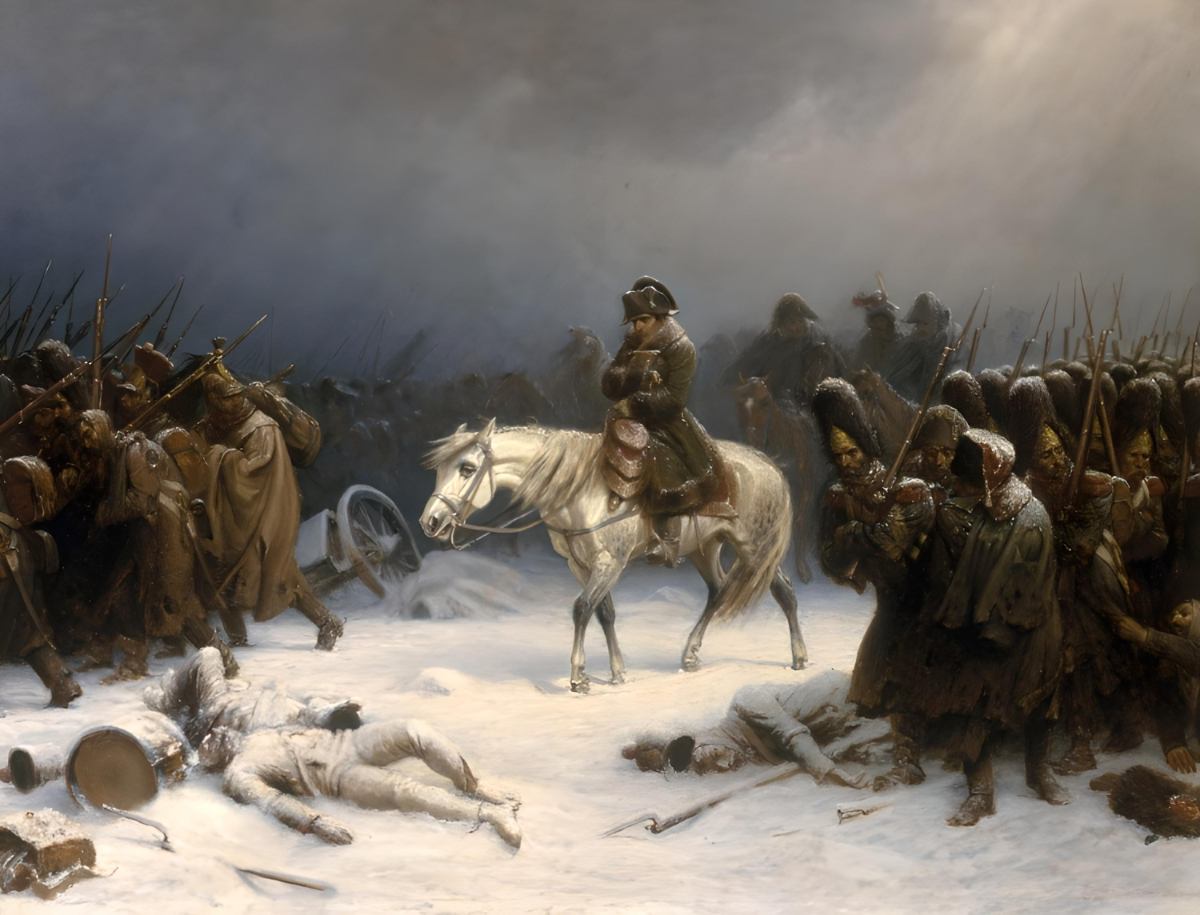Wars of Devolution: Impact on the Spanish Netherlands
It was called the War of Devolution because it was based on Louis XIV's claim that he had a "devolutionary right" to certain Spanish territories through his wife, Maria Theresa of Spain. This claim was based on a legal concept of inheritance through marriage.
